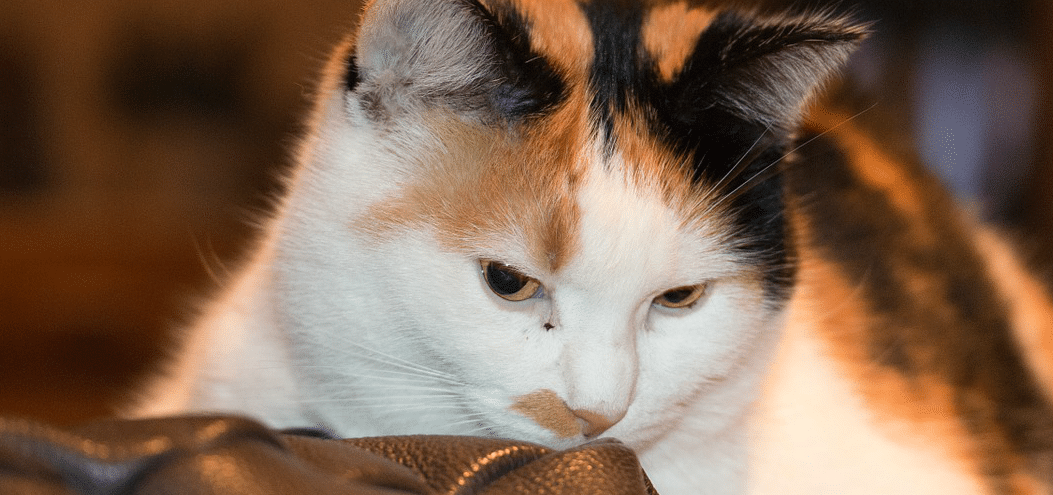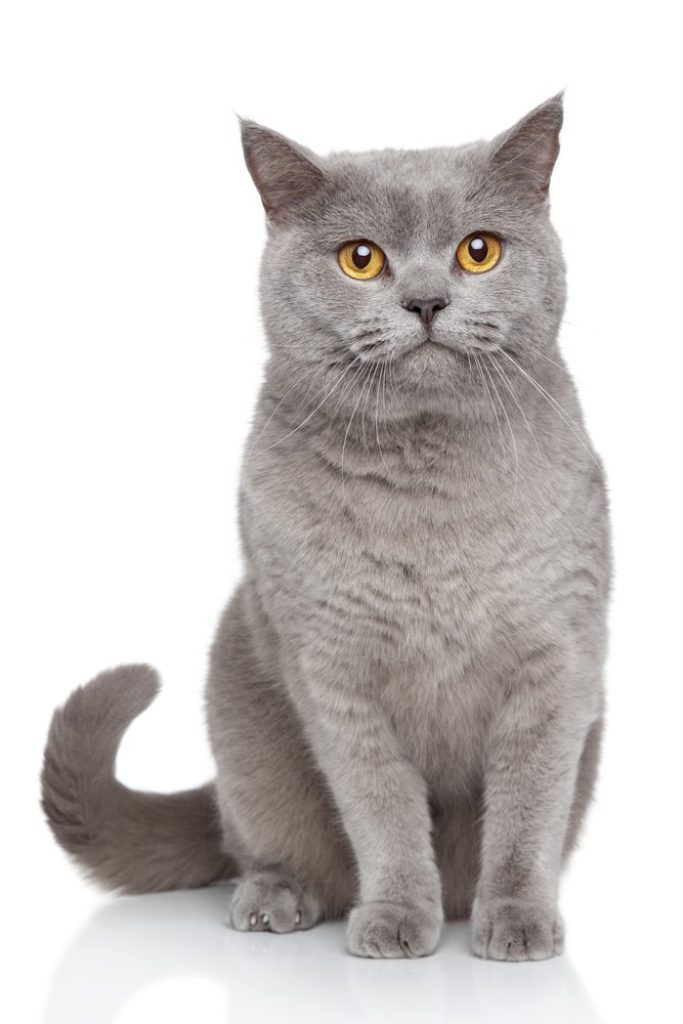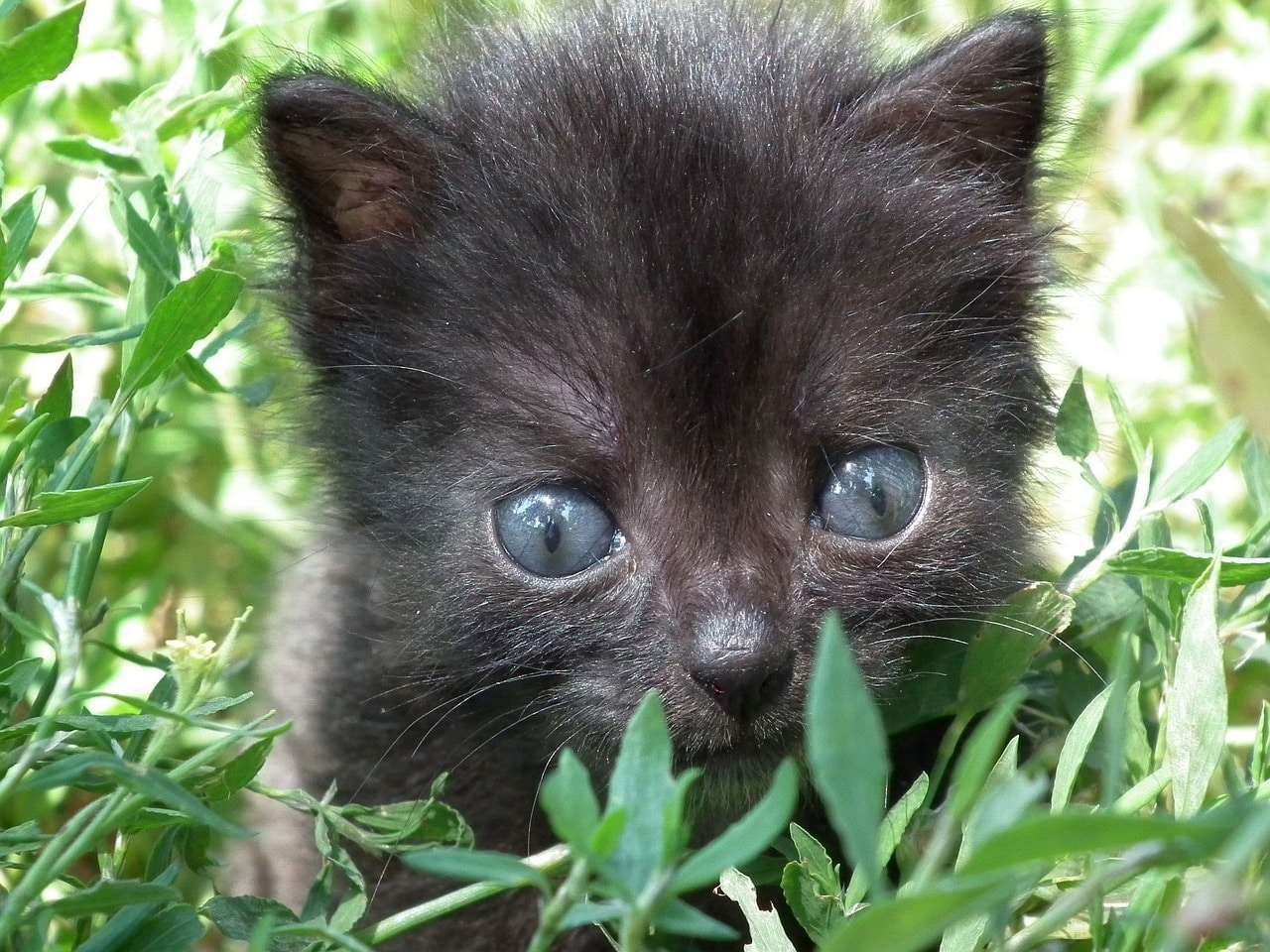Cat Vomiting (and How to Clean it Up)
Free Pet Insurance Comparison
Compare Quotes From Top Companies and Save
Secured with SHA-256 Encryption
Dr. Pippa Elliott BVMS, MRCVS
Veterinarian
Dr Pippa Elliott BVMS, MRCVS is a veterinarian with over 30 years of experience in companion animal practice. In 1987 she graduated from the University of Glasgow, with a degree in veterinary medicine and surgery. She works at Blythwood Vets and the People’s Dispensary for Sick Animals (PDSA). Pippa is an advocate of Fear-Free Practice, an animal addict, and a veterinary writer. She is also w...
Veterinarian
UPDATED: Dec 17, 2023
Pet Insurance U receives compensation from the third parties included on this site. This includes payment for clicks from our site to insurance providers’ sites and quote requests generated. Our rankings and reviews are not affected by payments from the insurance companies. The compensation we receive allows the site to be free and regularly updated. Our goal is to review every pet insurance provider, but not all companies are listed on the site.
And many of the companies we review do not pay us anything. We simply rate, compare and review their plan because we feel it will be valuable to you. Our reviews are guaranteed to be unbiased, professional and advertising compensation does not influence rankings.
We are a free online resource for anyone interested in learning more about pet insurance. Our goal is to be an objective, third-party resource for everything pet insurance related. We update our site regularly, and all content is reviewed by pet insurance experts.
UPDATED: Dec 17, 2023
Pet Insurance U receives compensation from the third parties included on this site. This includes payment for clicks from our site to insurance providers’ sites and quote requests generated. Our rankings and reviews are not affected by payments from the insurance companies. The compensation we receive allows the site to be free and regularly updated. Our goal is to review every pet insurance provider, but not all companies are listed on the site.
And many of the companies we review do not pay us anything. We simply rate, compare and review their plan because we feel it will be valuable to you. Our reviews are guaranteed to be unbiased, professional and advertising compensation does not influence rankings.
On This Page
Why do cats vomit?
Unfortunately, there’s not a simple answer to this question. Indeed, it can be purr-fectly normal behavior (up to a point!) for cats to vomit. So a good place to start is by deciding if your cat is healthy but happens to vomit, or is a “sick” cat (to pardon the pun).
Cat Vomiting from Happiness
Happy vomiters are those cats that are merely doing as nature intended. To understand this, consider how a cat eats in the wild.
Kitty hunts a mouse and she eats pretty much the whole thing, including the bones, fur and stomach contents (to stop other cats from stealing her supper). Anything she can’t digest she gets rid of out of her system later by vomiting.
Her physiology is geared towards vomiting easily, hence it can be perfectly normal for cats to be sick from time to time.
Indeed, some cats even eat grass or plants to stimulate this urge to cleanse their systems. If your cat is otherwise healthy and from time to time she eats grass and vomits, then the chances are she’s just doing what nature intended and she’s a ‘happy vomiter.’
If, however, your cat is sick regularly, such as several times a week or more, or she shows other signs of ill health, then you need to take the problem more seriously.
Table of Contents:
Need Pet Insurance?
FACT: Pet insurance pays up to 90% of vet bills when your pet is sick or injured!
Enter your ZIP code below to view companies that have cheap pet insurance rates.
Secured with SHA-256 Encryption
Diagnosis of Cat Vomiting
Vomiting is not a diagnosis in itself, but a sign of a problem.
Sometimes this problem is directly related to the stomach, such as a foreign body lodged in the stomach or a gastric ulcer. Indeed, a foreign body doesn’t have to be something dramatic like a swallowed toy but can be a simple hairball. Also, not to be forgotten is the irritation worms cause to the stomach lining.
Other times the sickness is a secondary effect of disease elsewhere in the body. Of these, the top causes are pancreatitis (inflammation of the pancreas), kidney disease, liver disease, overactive thyroid glands, cancer or a complication of diabetes.
This requires a vet to investigate in order to get to the bottom of the problem. You can play your part as a responsible owner by recognizing when the cat needs to see the vet.
Related: 10 Things You Must Know Before You Buy Pet Insurance
Questions to Ask About Cat Vomit
Your cat has vomited daily for the past few days, and you’re in a quandary as to whether she needs to see the vet or not. If she’s bright and cheery, rubbing around your ankles and asking for food, then ask yourself the following questions:
1. Is she Dehydrated?
A big worry for a persistently vomiting cat is a fluid loss. The cat that vomits and can’t keep fluid down must see the vet – as must any dehydrated pet. But what about when things aren’t so clear-cut and you’re not sure?

Check if your cat is dehydrated by lifting the skin of her scruff and then releasing it.
In a fully hydrated pet, the skin springs straight back into place. In the dehydrated animal, the skin takes a second or two to fall back into place, which is your signal to call the vet.
2. Is Anything Chewed or Missing?
Have a look round for half-chewed cat toys or missing knitting yarn. Specifically, be on the alert for objects which when swallowed could get stuck in the stomach and cause vomiting. If you find such evidence then it, along with the cat, should head to the vet.
Whilst vomiting is unpleasant, a foreign body which passes down into the intestine can be fatal, and it’s best to catch the problem before it reaches this stage.
3. Is the Cat Vaccinated?
Non-vaccinated cats are at risk, even if they live indoors. Viruses such as the feline panleukopenia virus (feline distemper) can be transferred into the home on the bottom of your shoes. If the cat was quiet and refusing food prior to vomiting, then a timely vet check could save your tears.
4. Has the Cat been Wormed Recently?
Worms irritate the stomach lining and can cause sickness. Those pesky worms also rob vital nutrients, which can make the cat’s coat dry. If your deworming schedule has slipped but the cat is otherwise well, then get a good multi-wormer from the vet.
However, if the cat is dull, listless or refusing food – you guessed it – check with the vet.
5. Is My Cat on Meds?
There’s always a slight risk of side effects, so if your the cat is on meds, give your vet a call. If the medication is an NSAID (a non-steroidal anti-inflammatory drug), usually prescribed for pain relief, then STOP the med and call the vet, as gastric ulcers are a recognized side effect of this treatment.
Real Cost Savings from PetFirst Clients

Gidget
PetFirst saved his parents
$2,194
Artemis was a beautiful and friendly cat to all who were willing to pet him. Unfortunately, he developed feline diabetes which required regular vet visits and medications that his Mother could not otherwise afford on her fixed income. Having PetFirst insurance, she called and discussed the problem with a friendly PetFirst agent. To her surprise, she found out that Artemis’ ongoing required vet visits and medication would be covered by his PetFirst insurance. Artemis was able to live out the rest of his life with proper medical care and medicines thanks to PetFirst insurance.
Signs to See the Vet
Clues your cat is giving you that she needs to see the vet include:
- Persistent Vomiting: This varies depending on the circumstances. A cat that vomits hourly for four hours should see the vet, as should the cat that vomits once a day for four days.
- Appetite Loss: With simple problems such as a furball, the cat is usually eager to eat. If kitty loses her appetite, this is more serious.
- Depression or Listlessness: If kitty is acting out of character, take that as a clue that help is needed.
- Blood: Blood in the vomit (or stool) means an urgent trip to the vet.
- Dehydration: Check using the scruff method mentioned above.
- Toxin Ingestion: Seen kitty drinking antifreeze or brushing against lily pollen? These are both toxic to cats, so get to the vet ASAP.
- Worry: If you’re worried or concerned, trust your instincts: You know your cat.
Hopefully, your cat doesn’t have any serious illness. We know vet bills can end up being massive depending on the condition.
If you haven’t considered buying a cat pet insurance policy. We want to help you find the best policy out there.
Enter your ZIP code below to view companies that have cheap pet insurance rates.
Secured with SHA-256 Encryption
Cleaning Up Cat Vomit
OK, kitty just boffed on the best carpet. How to clean up the evidence?
If the vomit is solid (such as kibble), don latex gloves and use a paper towel to scoop up the offending objects. Then use a pet-safe deodorizing cleaner to finish the job, first testing the carpet for color-fastness.
If the vomit is liquid, use disposable paper towels to blot up as much as possible. Then clean the area with a deodorizing cleaner.
Two good standby products are:
- Biological washing powder, which can be mixed with water to make a great cleaner
- Bicarbonate of soda
The latter absorbs odors, so you can apply it on a dry carpet. Sprinkle it liberally onto the stain, gently brush it into the pile, then vacuum out before using a liquid cleaner.
You can get more cat health tips on our blog! Want your furry friend to be in tip-top health.
Other articles you may find helpful:
Is Exotic Pet Insurance Necessary?
The Best Pet Insurance By State
Fun Facts, Dog FAQ, And Unsolicited Dog Advice
5 Training Commands to Save Your Dog’s Life
The Ultimate Guide to Safe Foods for Dogs
We have worked hard to provide you with all the free resources possible to help give you insight into the best pet insurance for cats, additional cat breeds info, common cat health issues, and a fun look at frequently asked cat questions.
Learn more about common cat health problems:
Arthritis in Cats, Cancer in Cats, Declawing Cats, Diabetes in Cats, Eye Infection in Cats, Hypoallergenic Cats, Hyperthyroidism in Cats, Overweight Cats, Vomiting Cats

Frequently Asked Questions
Why do cats vomit?
Cats may vomit for various reasons, including normal behavior, dietary habits, or underlying health issues. It’s important to distinguish between occasional, normal vomiting and frequent vomiting, which may indicate a health problem.
What is “happy vomiting” in cats?
“Happy vomiting” refers to normal behavior in cats, where they may vomit as a result of their natural hunting and eating habits. Cats may eat the entire prey, including bones and fur, and later vomit what they can’t digest. This is usually a healthy behavior.
When should I be concerned about my cat’s vomiting?
If your cat vomits regularly, several times a week, or shows other signs of ill health, it’s a cause for concern. Persistent vomiting may indicate underlying issues like a foreign body, stomach problems, or systemic diseases. Consult a vet if you’re unsure.
Is vomiting a diagnosis itself?
No, vomiting is a sign of a problem rather than a diagnosis. It can be related to various issues such as stomach problems, foreign bodies, or diseases elsewhere in the body. A vet’s diagnosis is necessary to identify the underlying cause.
What are common causes of cat vomiting?
Common causes include foreign bodies, gastric ulcers, worms, pancreatitis, kidney disease, liver disease, overactive thyroid glands, cancer, or complications of diabetes. A vet will investigate to determine the specific cause.
When should I take my cat to the vet for vomiting?
If your cat vomits daily, assess her overall health. Look for signs of dehydration, check for chewed or missing items, consider vaccination status, recent deworming, and any medications. If unsure, consult the vet.
How can I check if my cat is dehydrated?
Lift the skin on her scruff and release it. In a hydrated cat, the skin should spring back immediately. If it takes a second or two to fall back into place, it indicates dehydration, and a vet visit is necessary.
How should I clean up solid cat vomit?
Use latex gloves and a paper towel to scoop up solid vomit. Use a pet-safe deodorizing cleaner to finish the job, ensuring it’s safe for your carpet’s color.
How do I clean up liquid cat vomit?
Use disposable paper towels to blot up as much liquid as possible. Clean the area with a deodorizing cleaner. Consider products that absorb odors for thorough cleaning.
Enter your ZIP code below to view companies that have cheap pet insurance rates.
Secured with SHA-256 Encryption
Dr. Pippa Elliott BVMS, MRCVS
Veterinarian
Dr Pippa Elliott BVMS, MRCVS is a veterinarian with over 30 years of experience in companion animal practice. In 1987 she graduated from the University of Glasgow, with a degree in veterinary medicine and surgery. She works at Blythwood Vets and the People’s Dispensary for Sick Animals (PDSA). Pippa is an advocate of Fear-Free Practice, an animal addict, and a veterinary writer. She is also w...
Veterinarian
We are a free online resource for anyone interested in learning more about pet insurance. Our goal is to be an objective, third-party resource for everything pet insurance related. We update our site regularly, and all content is reviewed by pet insurance experts.


